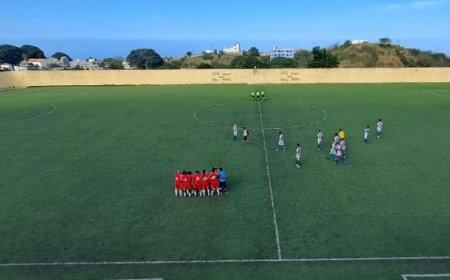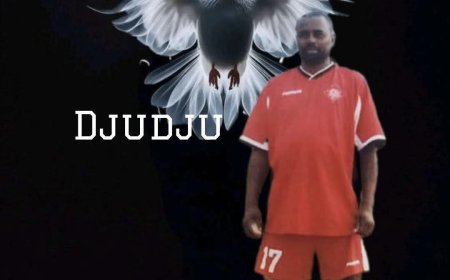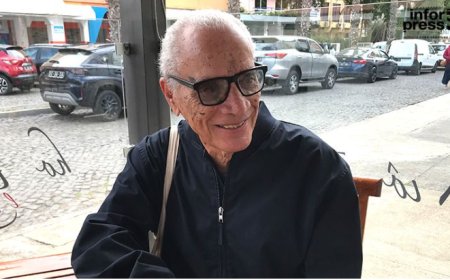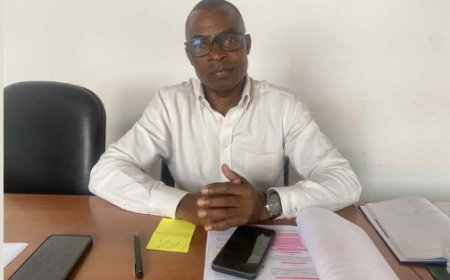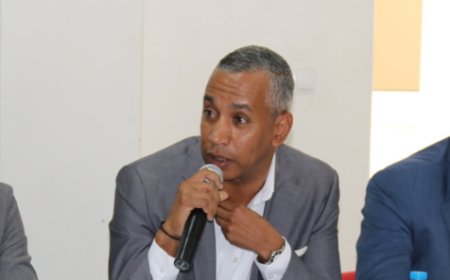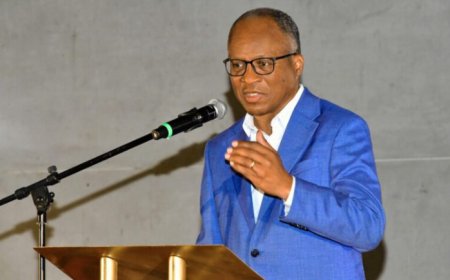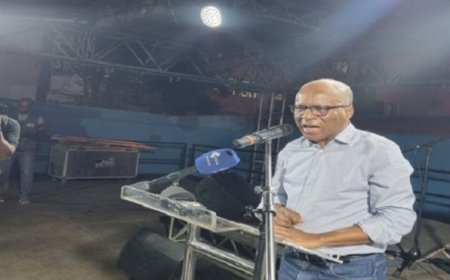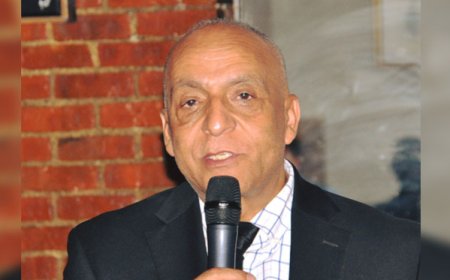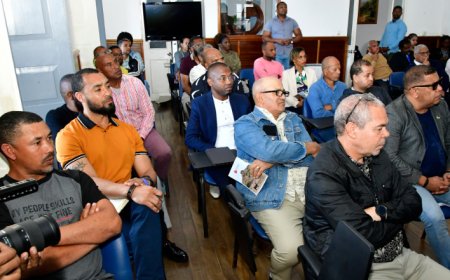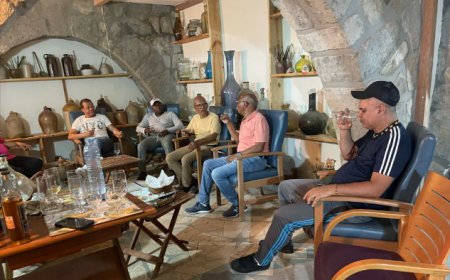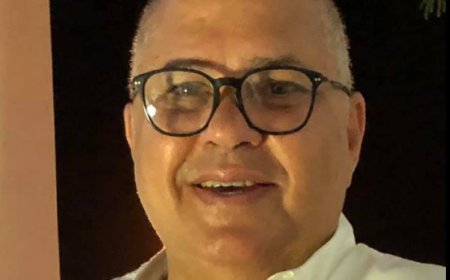Abraão Vicente claims to have shaken the "monopolistic logic" by eliminating accounting settlements and normalizing financial relations with ENAPOR and CABNAVE. However, there was no actual opening of the sector to competition or diversification of operators. The operational and structural monopoly remained, and CV Interilhas continued to control all critical stages of interisland maritime transportation.
Technical defense does not erase political responsibility for the design and maintenance of this system.
The text completely omits the daily reality of passengers: cancellations without notice, recurring delays, and lack of compensation.
On June 27 of this year, for example, passengers who were supposed to travel from São Vicente to São Nicolau and Sal were held up for several days, with trips successively postponed until July 4, without refunds and with personal and work-related losses.
ADECO itself has already publicly denounced that these situations violate basic rights enshrined in the transportation contract.
This omission by the former Minister of the Sea weakens the narrative of defending the “public interest,” as those who suffer most are not the State in its accounts, but the Cape Verdean people.
I find it amusing that critical voices are being dismissed as political noise, ignoring the fact that the criticisms have been coherent and perfectly documented.
The attempt to associate protest with opportunism diverts focus from the essential, which is the unequal relationship between the State and the concessionaire, and the direct impacts on passengers.
At a time when an arbitration court has ordered the State to pay millions of euros to the concessionaire (a decision that the Government is appealing but which reinforces the contractual fragility), the central question remains:
How long will we maintain a model that subordinates an essential public service to foreign private interests, leaving citizens at the mercy of cancellations and silence?
When the boat starts to sink, it's already known who will be the first to jump.







